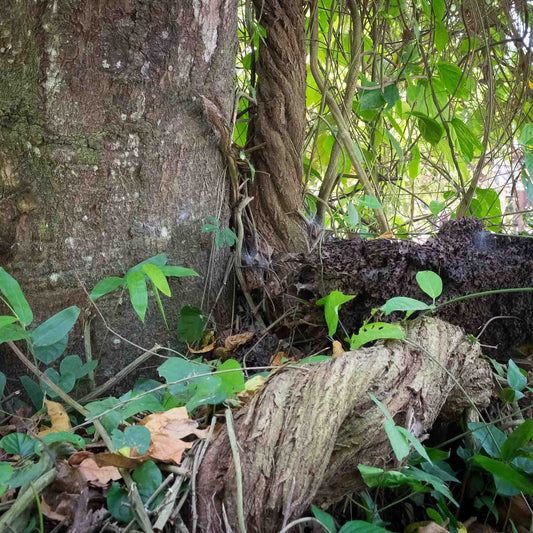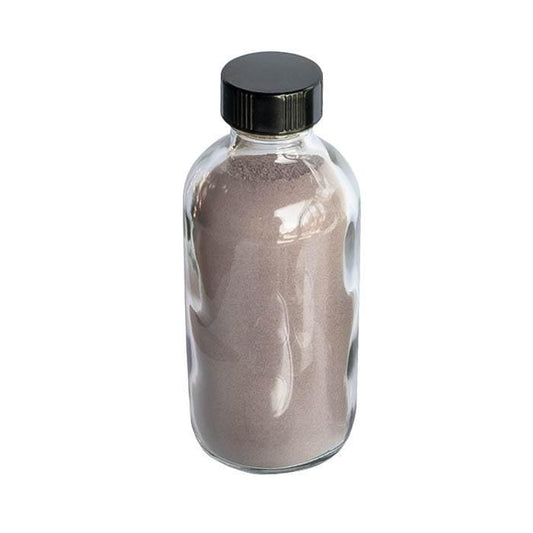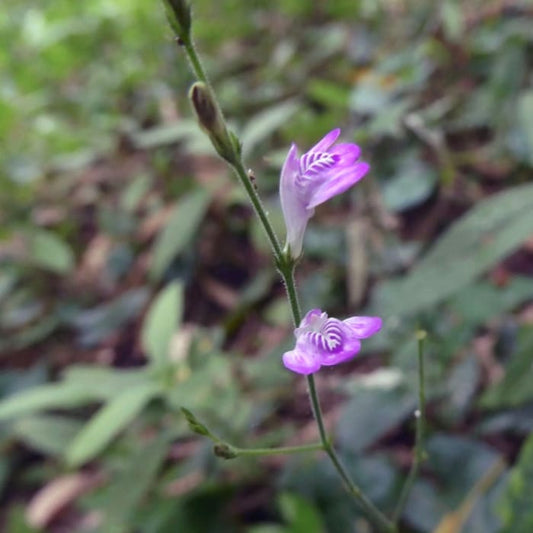Kuntanawa Tribe FAQ
Who are the Kuntanawa and where do they live?
The Kuntanawa are an indigenous group located in the state of Acre, Brazil. They primarily inhabit the Kuntanawa Indigenous Land along the Tejo River.
What is the population of the Kuntanawa tribe?
The Kuntanawa population is approximately 400 individuals.
What language do the Kuntanawa speak and what is its current status?
The Kuntanawa speak a language that belongs to the Panoan linguistic family. However, the Kuntanawa language is considered critically endangered, with ongoing efforts to revitalize it through cultural and educational programs.
What are some of the Kuntanawa's traditional practices?
The Kuntanawa maintain various traditional practices, including the use of sacred plants in ceremonies, body painting, and the creation of traditional medicine. They have a strong connection to the use of ayahuasca (nixi pae) and rapé, which are integral to their spiritual practices. Their craftsmanship includes the making of intricate beadwork, jewelry, and other artifacts from natural materials found in the Amazon rainforest. Additionally, the Kuntanawa participate in festivals and cultural events that help preserve and promote their heritage.
How have historical interactions affected the Kuntanawa?
The Kuntanawa faced significant hardships during the rubber boom in the early 20th century, including forced labor and exposure to diseases, leading to a decline in their population and disruption of their traditional way of life. Continued interaction with non-indigenous society has brought challenges, but the Kuntanawa have been working towards cultural revival and territorial recognition.
What environmental knowledge and contributions do the Kuntanawa have?
The Kuntanawa possess extensive knowledge of the Amazon rainforest, including medicinal plants and sustainable agricultural practices. Their traditional knowledge contributes significantly to the preservation of the Amazon's biodiversity.
How can one learn more about the Kuntanawa tribe?
Detailed information on the Kuntanawa tribe can be found on the Instituto Socioambiental (ISA) website: here.





